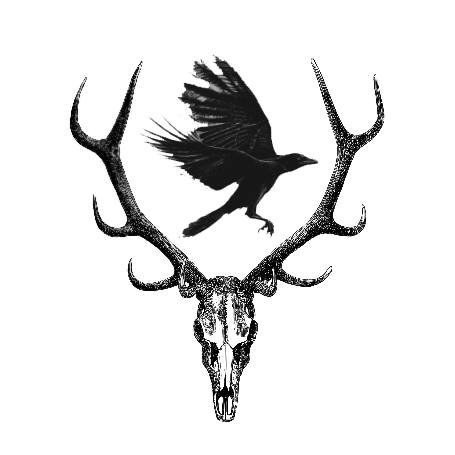All art by Jules Lefebvre, 1836 - 1911

Whilst magical systems usually base themselves around a model or map of the spiritual/physical universe, such as the Tree of Life (which can sometimes described as a cosmic filofax), Chaos Magick is based on a very few Core Principles which generally underlie its approach to magick (they are not universal axioms however, so feel free to swap em around).
The Avoidance of Dogmatism
Chaos Magicians strive to avoid falling into dogmatism (unless expressing dogmatism is part of a temporary belief system they have entered). Discordians use Catmas such as "Us Discordians must stick apart!" Thus Chaos Magicians feel entitled to change their minds, contradict themselves and come up with arguments that are alternatively plausible and implausible. It has been pointed out that we invest a lot of time and energy in being right. What's wrong with being wrong occasionally?

Personal Experience is Paramount
In other words, don't take my word that such-and-such is the case, check it out for yourself. Magick has suffered extensively from armchair theorists who have perpetuated myths and out-of-date information purely due to laziness of one kind or another. Sometimes it's interesting to ask awkward questions just to see what the self appointed experts come out with. Some will emit a stream of verbal diahorrea rather than admit to not knowing the answer, whereas a true adept will probably say "I haven't a f*****g clue." Quite early on, Chaos magicians came to the startling discovery that once you strip away the layers of dogma, personal beliefs, attitudes and anecdotes around any particular technique of practical magick, it can be quite simply described.

Technical Excellence
One of the early misconceptions about Chaos Magick was that it gave practitioners carte blanche to do whatever they liked, and so become sloppy (or worse, soggy) in their attitudes to self-assessment, analysis, etc. Not so. The Chaos approach has always advocated rigorous self-assessment and analysis, emphasised practice at what techniques you're experimenting with until you get the results that you desire. Learning to do magick requires that you develop a set of skills and abilities and if you're going to get involved in all this weird stuff, why not do it to the best of your ability?

Deconditioning
The Chaos paradigm proposes that one of the primary tasks of the aspiring magician is to thoroughly decondition hirself from the mesh of beliefs, attitudes and fictions about self, society, and the world. Our ego is a fiction of stable self-hood which maintains itself by perpetuating the distinctions of what I am/what I am not, what I like/what I don't like, beliefs about ones politics, religion, gender preference, degree of free will, race, subculture etc all help maintain a stable sense of self, whilst the little ways in which we pull against this very stability allows us to feel as though we are unique individuals. Using deconditioning exercises, we can start to widen the cracks in our consensual reality which hopefully, enables us to become less attached to our beliefs and ego fictions, and thus able to discard or modify them when appropriate.
Diverse Approaches

As mentioned earlier, traditional approaches to magick involve choosing one particular system and sticking to it. The Chaos perspective, if nothing else, encourages an eclectic approach to development, and Chaos Magicians are free to choose from any available magical system, themes from literature, television, religions, cults, parapsychology, etc. This approach means that if you approach two chaos magicians and ask em what they're doing at any one moment, you're rarely likely to find much of a consensus of approach. This makes Chaos difficult to pin down as one thing or another, which again tends to worry those who need approaches to magick to be neatly labelled and clear.
Gnosis
One of the keys to magical ability is the ability to enter Altered States of Consciousness at will. We tend to draw a distinct line between ordinary consciousness and altered states, where in fact we move between different states of consciousness - such as daydreams, autopilot (where we carry out actions without cognition) and varying degrees of attention, all the time. However, as far as magick is concerned, the willed entry into intense altered states can be divided into two poles of Physiological Gnosis - Inhibitory states, and Excitatory states. The former includes physically passive techniques such as meditation, yoga, scrying, contemplation and sensory deprivation while the latter includes chanting, drumming, dance, emotional and sexual arousal.

As mentioned earlier, one of the characteristics of the Chaos Magick approach is the diversity of systems of magick that practitioners can choose to hop between, rather than just sticking to one particular one. There are, naturally, many different approaches to using systems within the Chaos corpus, and we will examine those further.
Written by Phil Hine

